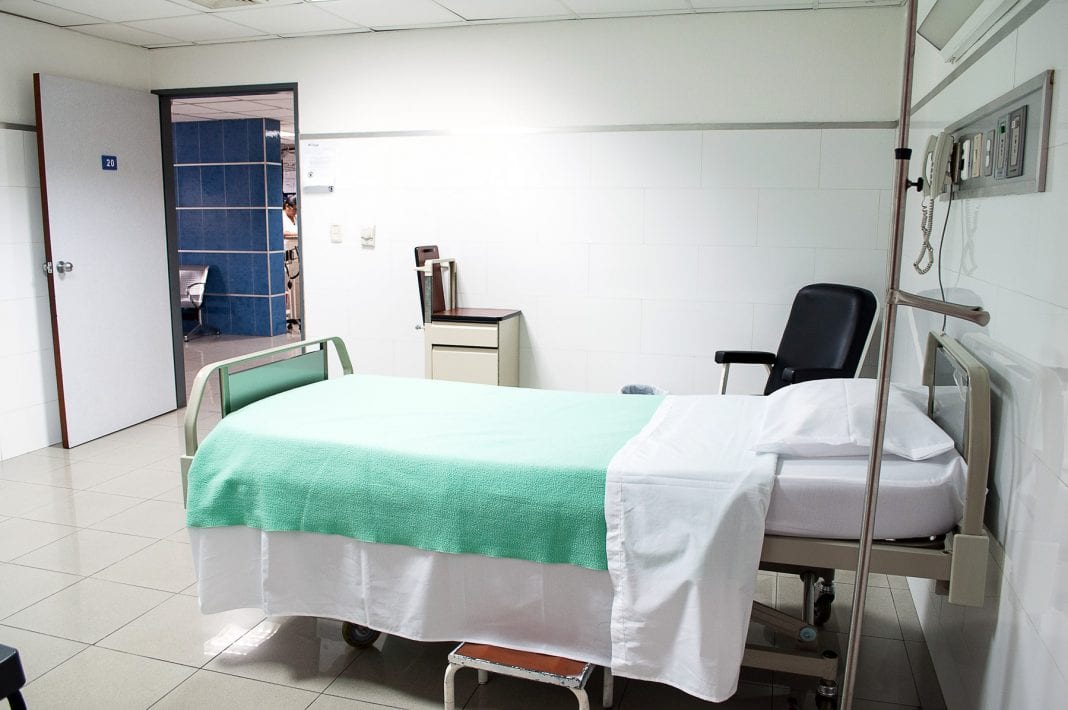Submitted by Whatcom Unified Command
Since February, we have been living with COVID-19 and its effects on everything from our schools and the economy to mental health and our connections with our loved ones. It has been a long, challenging haul and many are experiencing “COVID fatigue.” We’re all just ready for it to be over. But it remains a real and constant threat, affecting millions around the globe as well as friends, family, co-workers and neighbors right here at home. Recently, a local COVID-19 survivor and healthcare worker shared his painful story. It’s a reminder of just how real the virus is, and how wide a net it casts.
I traveled to Northern Idaho for a weekend trip, to go to my niece’s wedding. I had family members that were at the wedding who I hadn’t seen in a while, and we went out to dinner and to some pubs. In all honesty, I wasn’t very good at wearing a mask. The wedding was very small and outside, and nobody from the wedding had any issues.
The day after I got back from my trip, I started with a cough. I tend to chronically have a cough, especially if it’s wet out, but this was different. Then I started feeling worse, so the next day I called in sick to work because of the need to protect my coworkers and patients. After that, I noticed that our water tasted funny, and when I ate a snack it was so salty I couldn’t eat it. Everything was extremely salty to me. So I thought, “Oh boy, here we go,” because I know that taste and smell is a factor in COVID. I got tested and I was positive.
I want to stress that, as a healthcare worker, I did not get it at work and I stayed home immediately. People working in healthcare are taking care of people in a well-protected way. We’ve worked so hard to try to keep everybody safe.
I stayed home for about 10 days, and my breathing got progressively worse. I was monitoring my oxygen levels and every day they kept going down. A normal oxygen level should be above 92% and I got to a point where I had to just sit and try to breathe to try to keep it above 90%. I was exhausted and fatigued and I had a constant fever and chills and aches. And my taste was so off, everything just tasted weird.
I looked in the mirror and I was pale and white, and my hands were purple. I checked my oxygen level and it was 75%, which is pretty low. The entire time my breathing felt painful. When I would try to take a nice deep breath, it felt like the right side of my chest might literally rip apart, like tissue, and it was just getting harder to breathe.
Most reasonable people probably would’ve gone into the ER a little bit earlier than I did, but as a healthcare worker I kind of have a different perspective on what concerns me. I waited until my oxygen levels were in the seventies, then I went into the ER and was admitted to the ICU.
I was in the intensive care unit for five days, on a little bit of supplemental oxygen, and was placed on the antiviral drug Remdesivir and steroids. By the time I finished [those] I had a bit more energy. My cough was a little bit better, but still present.
After I was released, I had no energy, so I stayed home from work for about a month and a half. For two or three weeks after I got home, I slept a lot and I couldn’t really do much. I tried to mow our lawn and I would have to stop and sit down for five minutes to catch my breath. When I went back to work, I would get short of breath just going up the stairs. I’d have to just take an extra 30 seconds when I got to where I was going to catch my breath. It took about two months before I felt like I was kind of normal.
My wife and two sons, who are eight and 10, ended up testing positive for COVID, too. My youngest son had a fever and cough for about a day and a half, and my oldest son had a headache for a day. My wife was pretty wiped out for about a week and a half, but she never had any oxygen or breathing problems. Nobody else did. When I was going into the hospital, my oldest son was fairly inconsolable, saying, “I don’t know what I would do if you die. I don’t think I could go on if you died.” I wasn’t ever really worried about dying, but I don’t think I truly understood the impact of what could have happened.
I think there are a lot of people that still really aren’t sure about this. I wasn’t really wearing a mask and I wasn’t socially distancing. And those are the basic things we need to do to change it. Wear your mask and limit your social circle. People are tired of all this, of the change that’s happened in their life without their choice, and people are at a point of being done with all this. And that’s challenging because I feel that way, too, but I know that you can’t let up on it right now.
Featured photo by Martha Dominguez de Gouveia








































